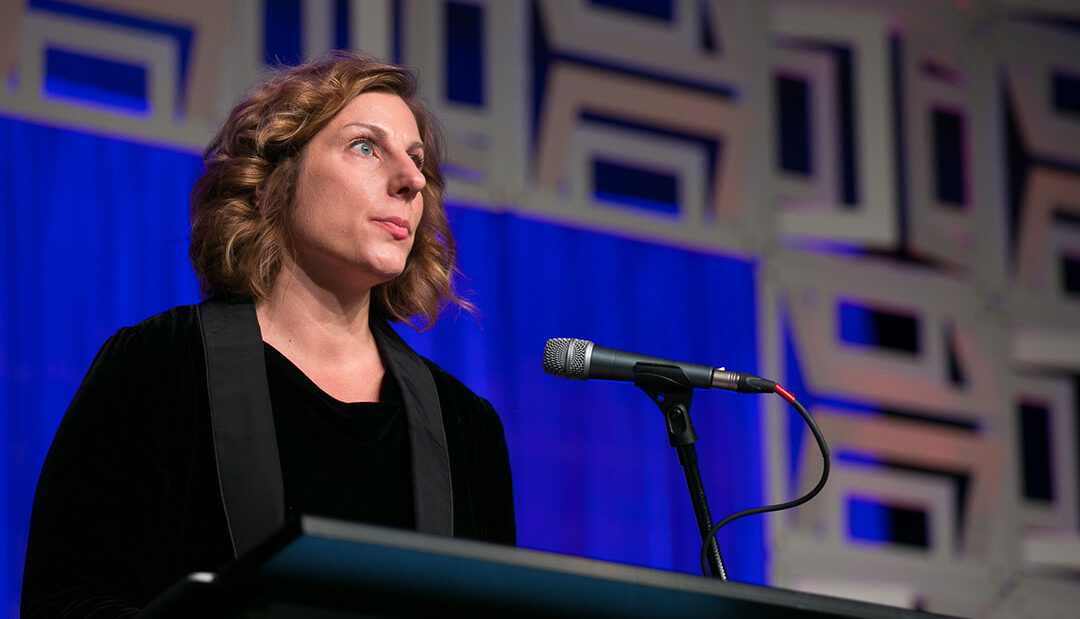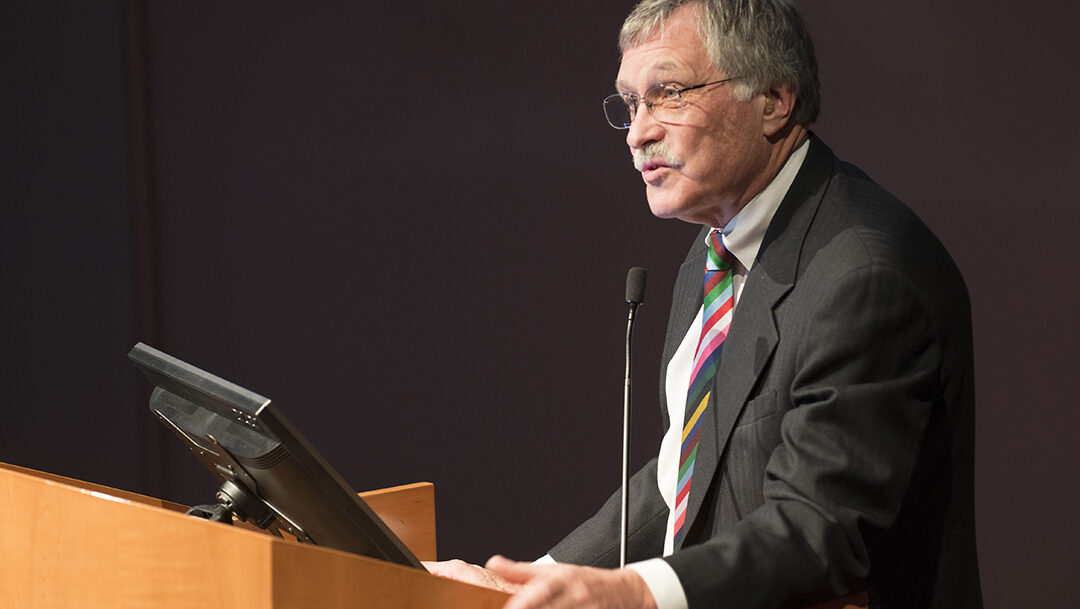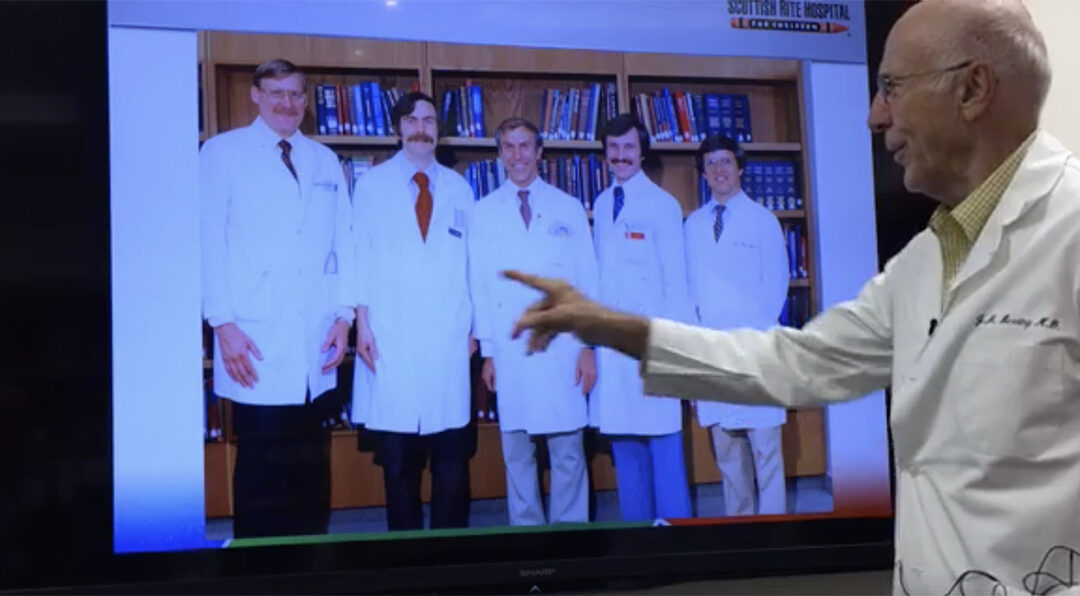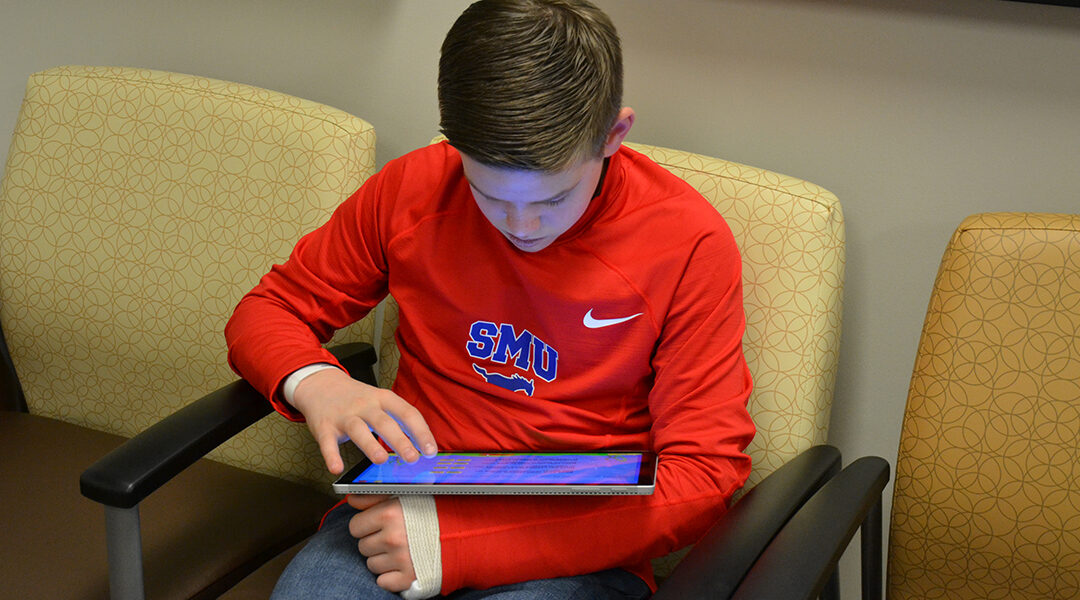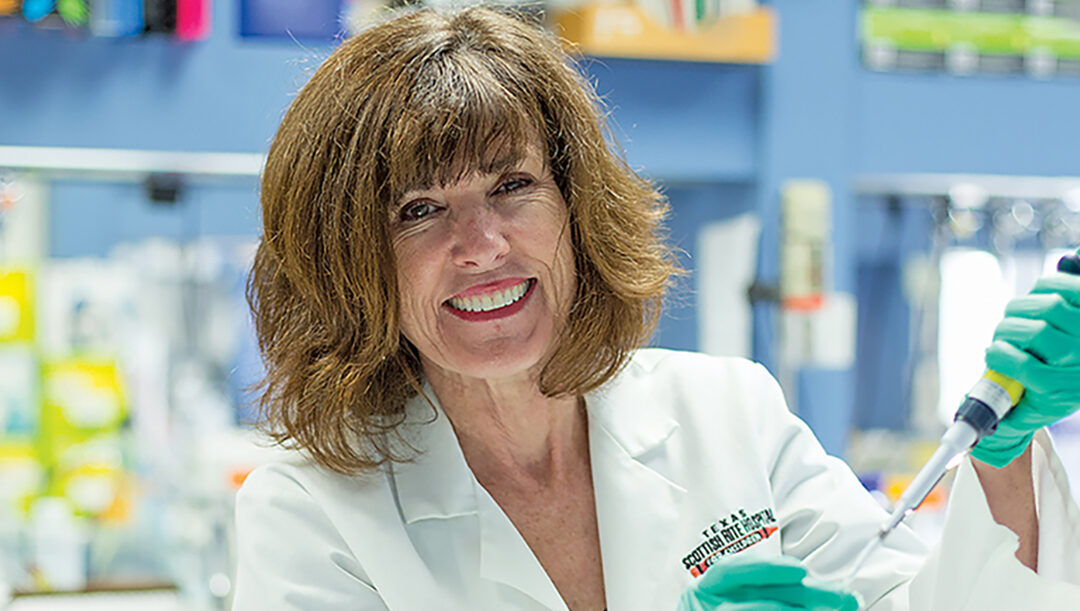The goals for providers at Scottish Rite Hospital are to understand symptoms and concerns, develop the best action plan for treatment and to ensure that treatment is effective. We use standard questionnaires, called patient reported outcome measures (PROM), as tools to help us accomplish these goals. Patients are asked to complete these during or just before clinic visits or procedures. They are asked to complete them on an iPad, tablet or on paper. The completed questionnaires may be used for treatment decisions as well as research. Staff orthopedist Henry Ellis, M.D. says, “PROMs are valuable communication tools that can help improve patient satisfaction, symptom management and enhance the quality of care for our patients.”
Below are common questions patients and their families have about the ’WHAT’, ‘WHY’ and ‘HOW’ in regards to these PROMs.
WHAT
What are patient reported outcome measures (PROMs)?
These are standard questionnaires that have been developed by medical experts and research teams across the country. Patients are asked to respond to these at various points throughout treatment. They help the health care team provide appropriate care based on the patient’s physical abilities, goals and emotions. The answers to these questionnaires, along with other information, can help us determine the effectiveness of the treatment.
WHY
Why do providers ask their patients to complete the PROM before they meet?
It is important to establish a baseline of how a patient is feeling and what they can do so we can easily identify changes over time.
Why do we use PROMs instead of just asking the questions during the appointment?
There are a few reasons questions may be asked in the form of a PROM instead of during the clinical visit. These forms are used at many hospitals outside of Scottish Rite Hospital and have been designed based on the patient’s age. The questions are asked in a very consistent format at all sites so the results can be compared across the larger populations. PROMs are a place for the patient to document their opinions, feelings and function, which are combined with the discussions with your provider to make the best treatment plan for you.
HOW
How do doctors know what questionnaires to use?
For specific conditions, there are series of questions that have been shown in previous research studies to effectively track improvement in the patient’s ability to function in day-to-day activities. A patient with a shoulder problem will be asked to answer different questions than a patient with a knee problem.
Filling out PROMs seems to make a visit take longer. How is Scottish Rite Hospital taking that into consideration?
Scottish Rite Hospital is very excited to be using electronic software designed for use by our patients. Although not all forms are available electronically just yet, teams of clinicians and researchers are working to get questionnaires available in electronic formats to be answered on an IPad or tablet. With the use of electronic systems, some of the PROMs can be combined to remove all duplicate questions. This will reduce the number of questions patients must complete. After a patient enters answers electronically, the software scores and organizes the answers so the results are available to the provider right away. Additionally, the electronic software systems allow us to send follow-up forms to patients electronically, in many cases, eliminating this step in the office.
How do PROMs help our researchers?
For studies that evaluate treatment options or outcomes, changes in symptoms and function can be measured in many ways. We can measure changes in bone length, joint angles or even tissue healing using advanced imaging techniques. The PROM provides a standardized and objective way for the patient to report progress and allows our team to track how our patients are improving over time. This information can improve the health and satisfaction of our patients, help identify the most effective treatments and ensure we are providing the best care we can.
Learn more about research conducted at Scottish Rite Hospital.
